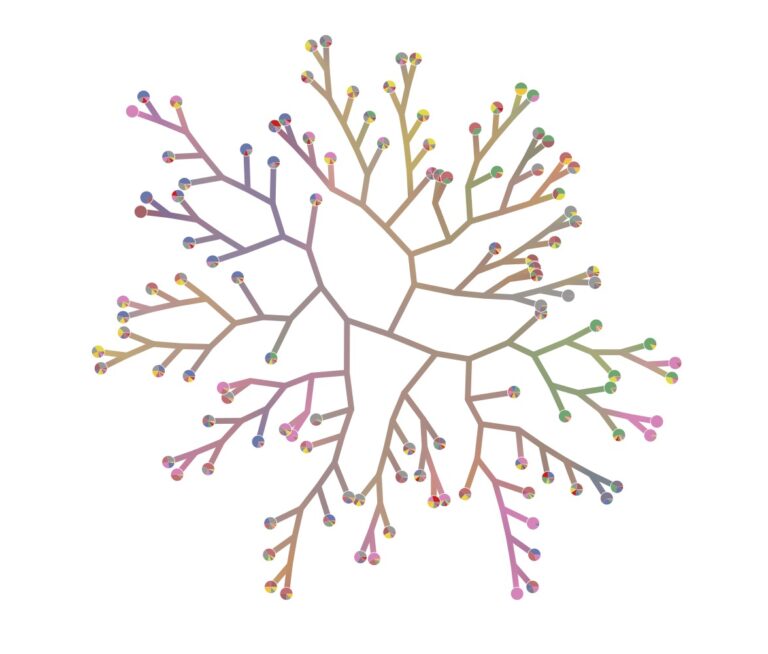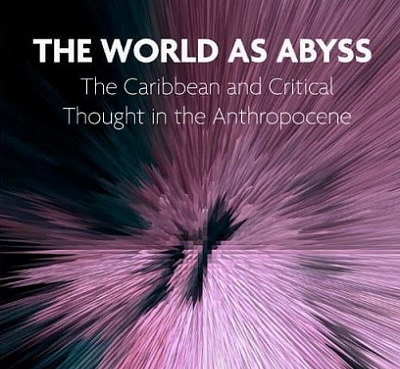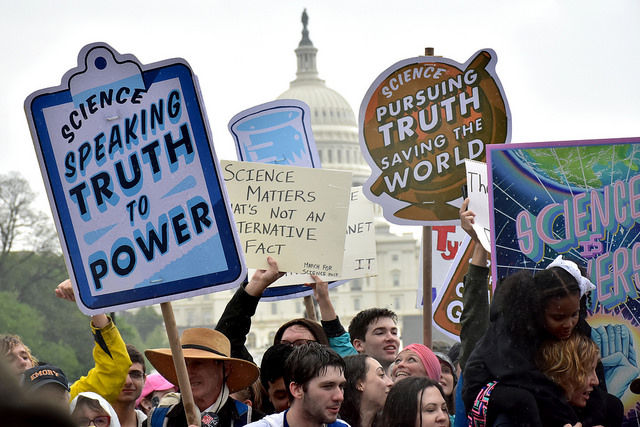This essay provides a cursory sketch of the circulation of science as a fetish object in critical theory—particularly by way of an attention to the conceptual popularity of science studies and various permutations of object oriented ontologies. It does so to identify how and under what terms scientific knowledge becomes a necessary site of interdisciplinary collaboration with the humanities, and challenges how these interdisciplinary trafficks disguise forms of epistemic priority ceded to the (hard) scientific method. Identifying in this movement a disavowal of racism in science’s conceptual repertoire and its ongoing claims to objective facticity, the essay criticizes contemporary recourse to science as the newest frontier in critical theoretical scholarship. In contrast to this, the essay poses a much more skeptical approach to the ethics and methods by which such projects develop and critically circulate.
Keyword: critical theory
The World as Abyss
Andrew Culp and Cultural Studies Association’s Black and Race Studies Working Group Co-Host Shauna Rigaud discuss The World as Abyss: The Caribbean and Critical Thought in the Anthropocene (University of Westminster Press, 2023) with authors Jonathan Pugh and David Chandler. This podcast is accompanied by a scholarly commentary by Richard T. Stafford.
Review of The Essentialist Villain: On Leo Bersani by Mikko Tuhkanen (State University of New York Press)
Mikko Tuhkanen’s provocative and comprehensive study of the work of Leo Bersani deserves the status of a decisive and paradigm-shifting event in the field of critical theory. Bersani’s work, which has evolved over a period of over fifty years, emerges as something like a Trojan Horse within the hegemonic camp of critical theory for which only difference and alterity are positive and mobile. Tukhanen draws out and in so doing sharpens Bersani’s consistent call for a radical re-assessment of precisely those concepts and values connoted as negative, redundant, static, or even politically and ethically dangerous in the broad orthodoxy of critical theory: sameness, essence, narcissism, the speculative. Tuhkanen shows adeptly, through a series of engagements with Bersani’s preferred critical objects—Baudelaire, Freud, Proust, Beckett, Jean Laplanche, to name only those most prominent—how Bersani, the “essentialist villain,” has wielded the critical armory of essence against, but also within, the domain of what is construed as a pervasive ontology of loss, lack, and trauma.
“Truth” in the Age of Trump
Cultural studies scholars have a long history of problematizing the concept of truth. Today, however, many on the left have turned to the tactic of calling out Trump’s lies, enumerating them, fact-checking them, and countering them with contrary evidence. While well-intentioned, dependence on calls for fact-checking and slogans that proclaim allegiance to science without acknowledging the cultural and social factors that affect knowledge production risks reifying some of the problems that early cultural studies scholars rightly highlighted. This essay argues, ultimately, that cultural studies scholars, activists, teachers, and critical theorists should resist the urge to set down the tools of critical theory but instead to apply them with abandon to Trump, his policies, and, perhaps most importantly, to ourselves.



